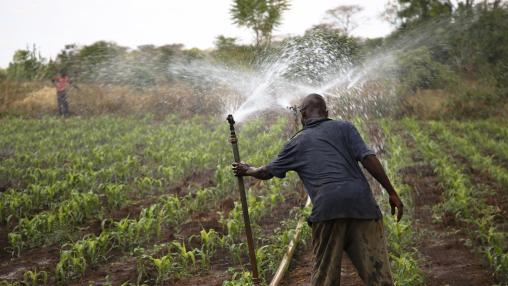
Revisiting development strategies under climate uncertainty: Insights from Malawi
Climate change is transforming the global landscape, creating unprecedented challenges for developing countries. These challenges are particularly acute in regions where economies heavily depend on agriculture, such as sub-Saharan Africa, where climate impacts such as droughts and extreme weather are increasingly disrupting farming economies and food systems. One of the critical questions facing policymakers is how to best navigate these challenges to ensure sustainable development: Does the threat of climate change significantly undermine strategies focusing on agriculture?
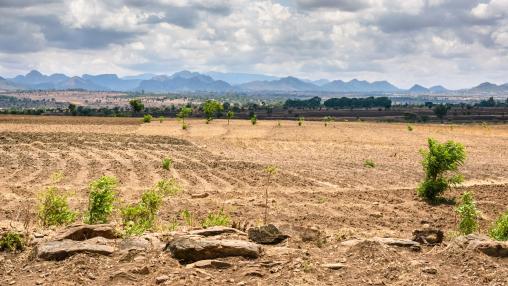
Malawi Continues to Face Potential Food Crisis
Malawi continues to face a looming food crisis, according to the latest alerts from IPC and FEWS Net.
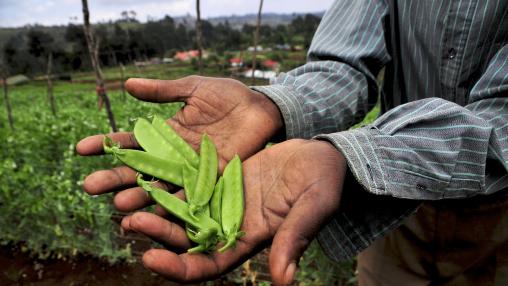
Leveraging the Potential of Ghana's Food System
Malnutrition—including undernutrition, micronutrient deficiencies, overweight, obesity, and diet-related non-communicable diseases (NCDs)—poses a staggering challenge to health, food security, and economic growth outcomes around the world. In Ghana, an estimated 256.1 million people experienced hunger and 240 million were undernourished in 2018. At the same time, rates of obesity and diet-related NCDs in the country have risen significantly—from just 10 percent of Ghanaian adults in 1993 to 40 percent in 2015.
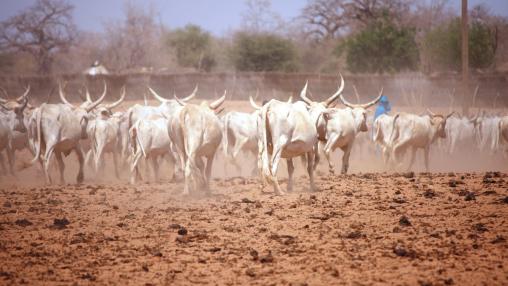
Acute Food Insecurity Expected to Rise in West Africa and the Sahel
Food insecurity is escalating in West Africa and the Sahel region, according to the latest Regional Report on Food Security and Nutrition in West Africa and the Sahel (RRSAN) from the Food Security Information Network (FSIN). Between June and August 2024, as many as 50 million people across 16 countries could face CH Phase 3 (Crisis) or above food insecurity.
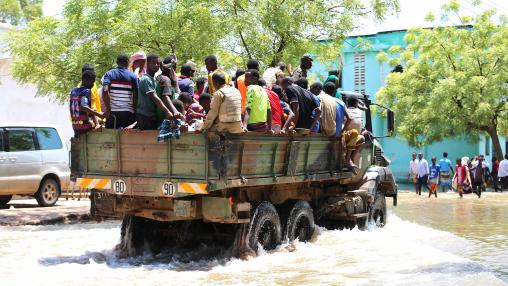
Increasing Resilience in the Face of Climate Shocks: Evidence from Somalia
In October 2023, the Baidoa district of Somalia experienced severe flooding, impacting more than 120,000 people, including nearly 100,000 internally displaced people. In a new IFPRI learning brief, researchers explore how this extreme weather event affected households in the area and how the country’s Ultra-Poor Graduation (UPG) intervention can play an enhanced role in protecting vulnerable populations from future shocks.

Soaring cocoa prices: Diverse impacts and implications for key West African producers
Cocoa bean prices have been rising since the last quarter of 2023, hitting a record high of $10.97 per kilogram on April 19 (Figure 1). The price spike is due to a significant drop in bean production by major global suppliers—four key producing nations in West and Central Africa account for more than 60% of the world's supply of cocoa beans: Cote d’Ivoire (with 38% of the global production in 2022), Ghana (19%), Nigeria (5%), and Cameroon (5%).1
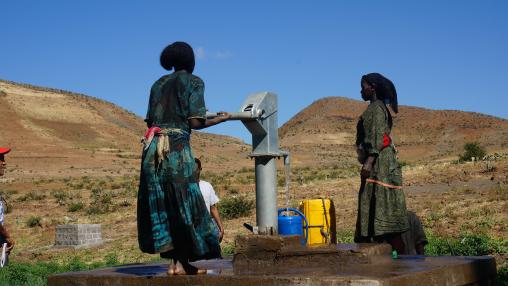
Acute Food Insecurity Remains Alarmingly High in SSA: Global Report on Food Crises Released
Despite some marginal improvements at the country level, Africa south of the Sahara remains mired in acute food insecurity and escalating food crises, according to the 2024 Global Report on Food Crisis (GRFC). Conflict, extreme weather events, economic shocks, and forced displacement continue to drive up rates of food insecurity and malnutrition throughout the region, with the outlook for 2024 equally grim.
Central and Southern Africa
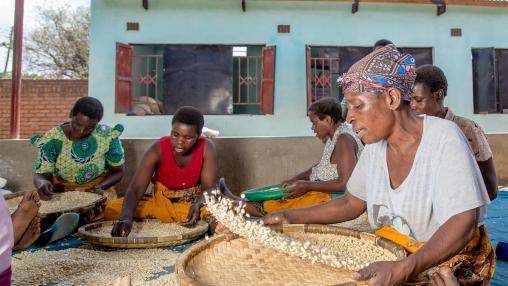
Act now to address Malawi’s looming food crisis
Malawi is facing a severe drought crisis linked to the El Niño climate phenomenon. On March 23, President Lazarus Chakwera declared a state of disaster in 23 of Malawi’s 28 districts in anticipation of a poor harvest and appealed for more than $200 million in humanitarian assistance.
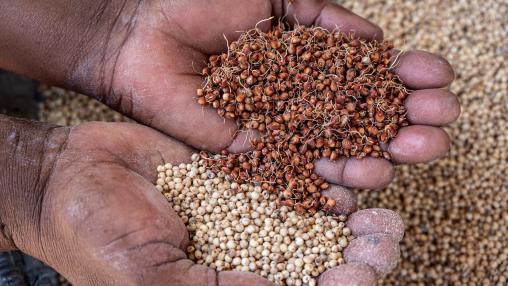
Southern Africa drought: Impacts on maize production
Parts of Southern Africa have been experiencing a severe drought since late 2023, fueled in large part by the ongoing El Niño Southern Oscillation. Falling harvests have led to disaster declarations in Malawi, Zambia, and Zimbabwe and affected countries across the region. In particular, maize yields have fallen sharply, threatening food security for millions of households depending on this key staple for a significant share of total calories consumed on a daily basis (Figure 1).
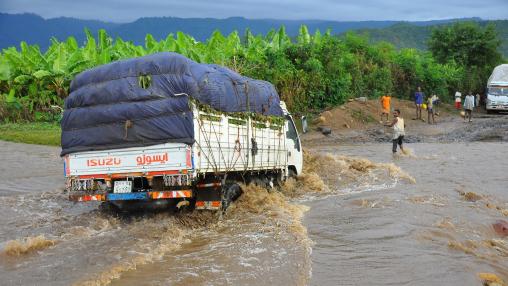
Mitigating Climate Change in Ethiopia: Policies and Priorities
Ethiopia is in the midst of the worst drought in the past 40 years, with six consecutive failed or below-average rainy seasons in the country’s pastoral areas. At the same time, flooding in other regions has disrupted livelihoods and caused widespread damage to lands and infrastructure. Climate shocks like these have been a major contributing factor to Ethiopia’s recent economic reversals, says a new report from the World Bank Group, and strong government action is needed to prepare for and adapt to an uncertain climate future.